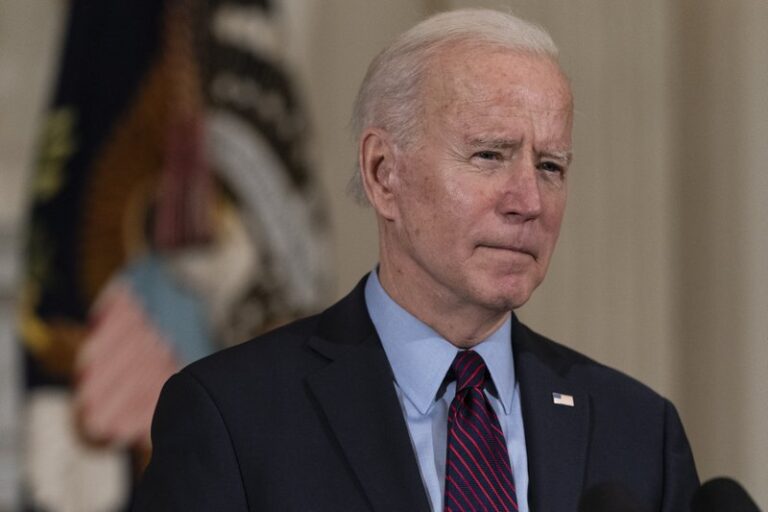
(AP) — President Joe Biden’s push for a $1.9 trillion COVID-19 relief bill is forcing an internal reckoning that pits his instincts to work toward a bipartisan deal against the demands of an urgent crisis and his desire to deliver for those who helped elect him.
His bipartisan bona fides have been a defining feature of his political career, first as a Senate deal-maker, later as he led legislative negotiations for the Obama administration when vice president and finally during his successful 2020 campaign.
But the scope of the multiple crises confronting the nation now, along with the lessons Democrats learned from four years of Republican obstructionism during Barack Obama presidency, seem to be pushing Biden toward quick action on the coronavirus aid bill, even if Republicans get left behind.
“I have told both Republicans and Democrats that’s my preference: to work together. But if I have to choose between getting help right now to Americans who are hurting so badly and getting bogged down in a lengthy negotiation or compromising on a bill that’s up to the crisis, that’s an easy choice,” Biden said Friday. “I’m going to help the American people who are hurting now.”
So far, the administration has proceeded on two parallel tracks.
One featured a public show of trying to reach across the political aisle, with bipartisan rhetoric and a White House invitation for Republican senators. Their housewarming gift was a proposal more than $1 trillion short of what Biden wanted.
At the same time, Biden has insisted on the need for a sizable package to address the deadly pandemic. The administration has encouraged Democratic senators to be prepared to go it alone, to ready a plan that combines money to address the virus and vaccines with money to fulfill a progressive agenda that includes a higher federal minimum wage.
Not out of the realm of possibility is a third option — having even one or two Republicans sign on to the bigger bill, giving it a veneer of bipartisanship. But it’s more likely that the White House will need to choose between the two extremes.
That could send a clear signal about Biden’s governing priorities and potentially set a template for how he will navigate a deeply polarized Washington going forward.
“President Biden’s got some pretty big tests in front of him when it comes to domestic policy. He is someone who prides himself on his deal-making skills and yet he may have to take a page out of the LBJ-style playbook and jam some things through both the House and the Senate to get anything done,” said Jim Manley, a longtime aide to former Senate Majority Leader Harry Reid, D-Nev.






